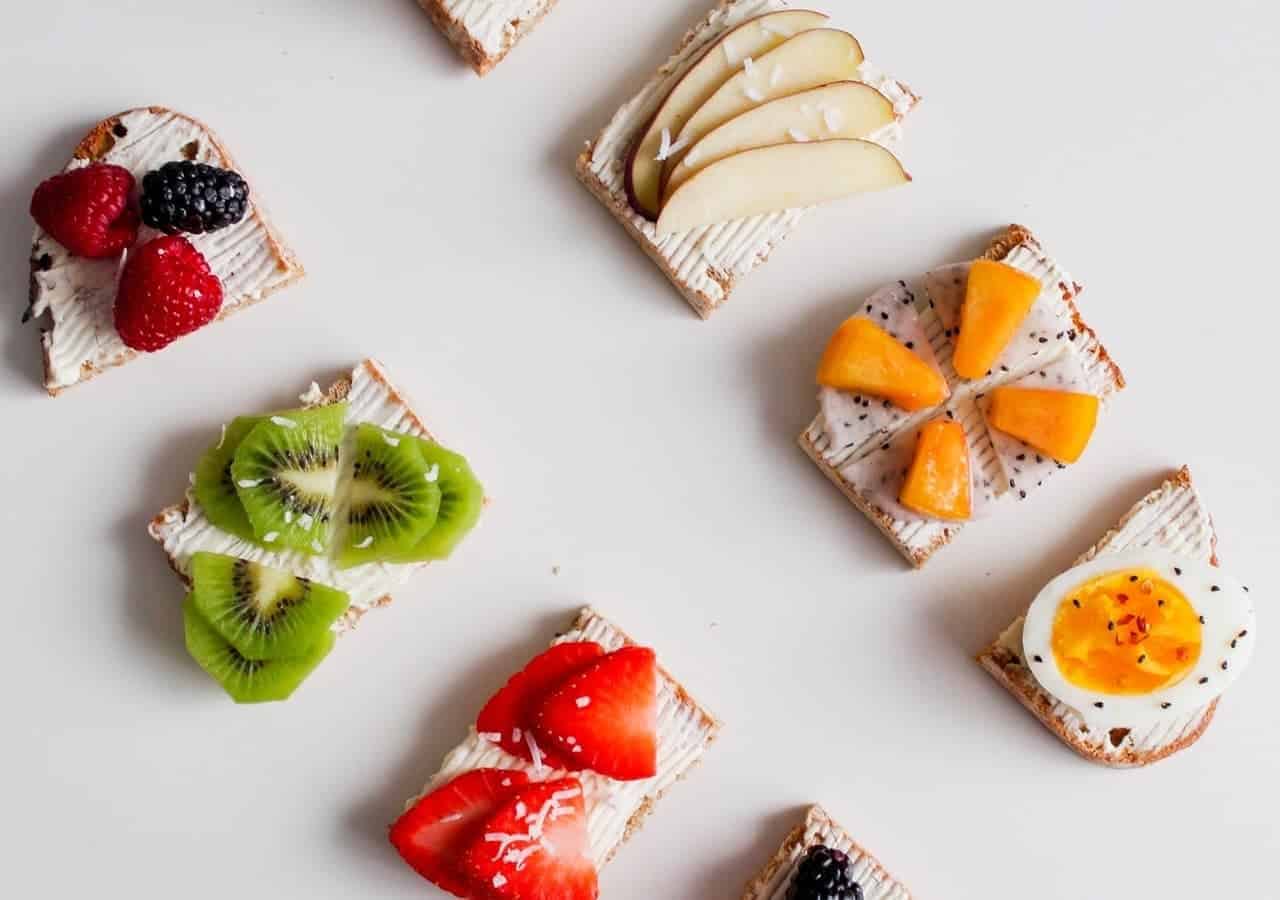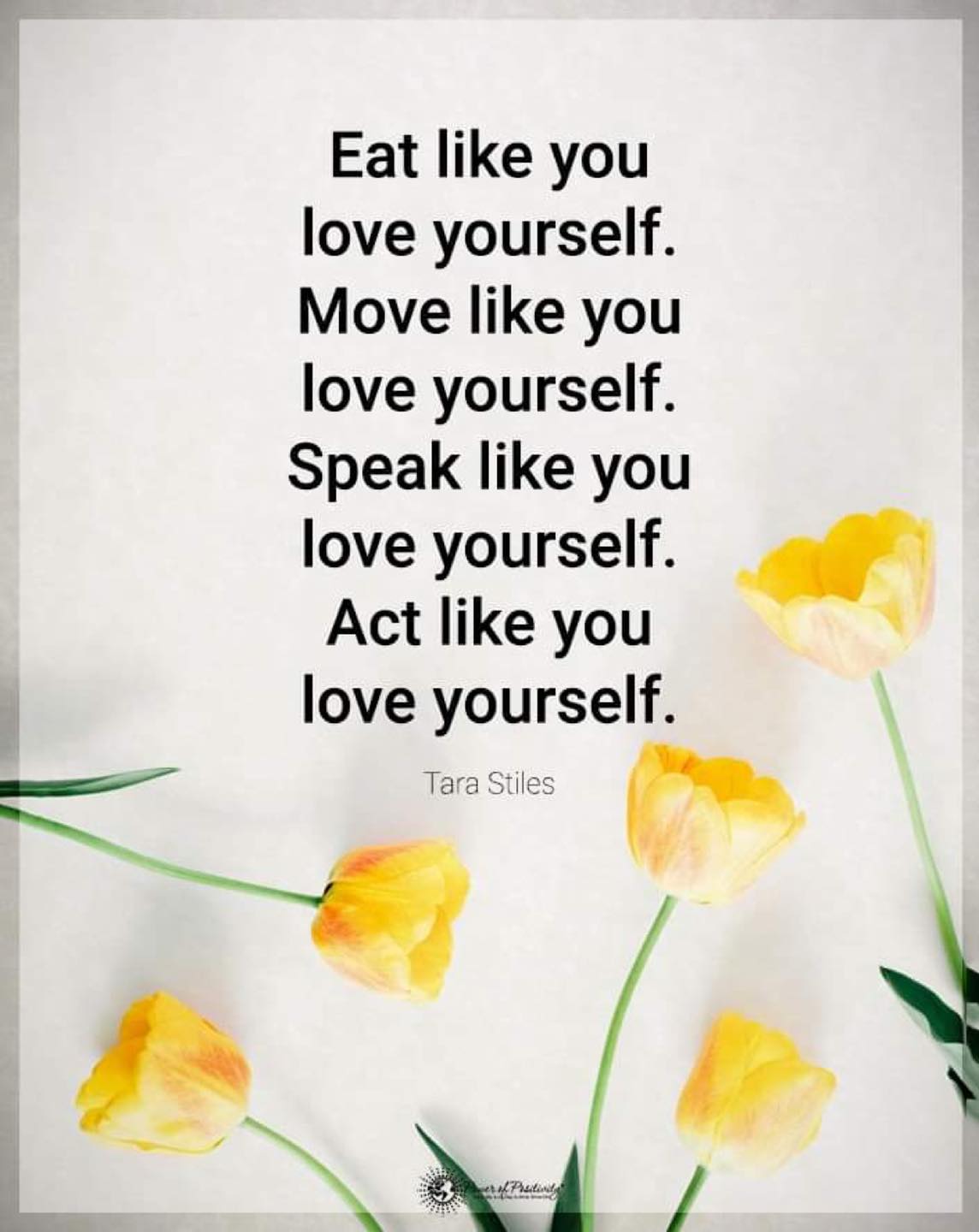It’s no secret that a healthy diet provides a variety of health benefits, but what is “clean eating,” and how can it be incorporated into your daily life? Some may think this means a complete nutritional upheaval, requiring drastic changes. In reality, it’s not that complicated. There are small changes that yield big returns when it comes to improving your overall health.
In the world of health and nutrition, buzzwords like “healthy living” and “clean eating” are routinely thrown around and even used as marketing tactics. As such, this article will be taking a closer look at this topic while providing valuable information relative to health and well-being.
WHAT FOODS CONSTITUTE CLEAN EATING?
“Clean eating” really comes down to eating a well-balanced diet. It includes a mix of vegetables, healthy fats, lean proteins, and whole grains. Also, you would want to steer clear of processed foods and foods that contain little to no nutritional value. Avoid foods with high amounts of sugar and sodium. That said, the remainder of this article will focus on how healthy, clean eating can benefit your overall health.
TOP 10 HEALTH BENEFITS OF A HEALTHY DIET
1. WEIGHT LOSS
A healthy diet can be an invaluable ally on your weight loss journey if your goal is to lose weight. After all, a diet consisting of fruits and vegetables won’t add to your waistline like a diet consisting of processed foods will. In fact, eating healthy will allow you to shed those unwanted pounds. It will also eliminate the likelihood of receiving a diagnosis of the following health conditions:
- Certain forms of cancer
- Poor bone density
- Diabetes
- Heart disease
In your quest to lose weight, however, don’t drastically reduce caloric intake. In fact, healthy weight loss entails losing no more than 1 to 2 pounds per week. To help you better gauge your caloric needs, research your optimal caloric intake based on your height, weight, and activity level. A fiber-rich diet and lean meats can help keep you satiated while allowing you to lose weight. More importantly, you don’t have to obsess over counting calories with this diet.
2. EATING HEALTHY AND MANAGING DIABETES
If you’re overweight or obese, eating healthy can help you shed pounds. This, indirectly, helps you get a better handle on your diabetes. If you have diabetes, abstain from consuming high levels of sugar and sodium. The same also applies to foods high in trans-fatty acid and saturated fats; these unhealthy foods can trigger insulin spikes and a variety of other health problems. That said, clean eating offers those struggling with diabetes the following benefits:
- Stable blood sugar levels
- Stabilized blood pressure and cholesterol
- Reduced diabetic complications
3. CANCER RISK
Much like an unhealthy diet can contribute to poor health, a healthy one can improve it; this is especially true when it comes to reducing the risk of being diagnosed with cancer. In fact, studies have shown a correlation between a healthy weight and reduced cancer risk. The same also holds true for a diet comprising of mixed fruits and vegetables.
So, what forms of cancer can you avoid with these dietary changes? According to the American Society of Clinical Oncology, a healthy diet filled with fruits and vegetables can lower one’s chances of developing colorectal and liver cancer. It also reduces chances of cancers that impact the gastrointestinal tract. Scientific data shows that fruits and vegetables, as well as nuts and legumes, contain phytochemicals that function like antioxidants. These phytochemicals work to protect cells from free radical damage that could otherwise lead to cancer.
4. HEART HEALTH
Clean eating goes well beyond helping you to lose weight; in fact, a healthy diet can improve your overall cardiovascular health. For example, foods rich in vitamin E like sunflower seeds, nuts, and spinach can prevent blood clots that could result in a heart attack or stroke. The Heart and Stroke Foundation of Canada states that more than 80 percent of heart attack and strokes can be attributed to poor diet and sedentary lifestyles. Along with eating food rich in vitamin E, eliminating trans-fatty acids from your diet can help reduce plaque build-up in your arteries. This further reduces the likelihood of heart attacks and strokes. As an added bonus, you will also enjoy the benefits of reduced blood pressure.
5. MOOD BOOSTING BENEFITS
While “clean eating” can give you energy, it can also contribute to a better mood. In fact, studies have shown that avoiding high glycemic index foods can reduce one’s susceptibility to depression as well as fatigue. High glycemic index foods consist of the following:
- Simple carbohydrates
- Sodas
- Pastries
- White bread
- White rice
Eliminating these foods from your diet may prove challenging; however, you will be rewarded as you gain a much-needed energy boost. For those interested, here are a few clean eating tips for swapping “bad” foods for healthier options:
- Replacing caffeinated drinks with water or herbal teas
- Using plant-based milk instead of regular milk
- Replacing white bread and rice with whole grain alternatives
6. HEALTHY EATING AND BETTER SLEEP
A variety of problems can contribute to not getting a good night’s sleep. These include anxiety, sleep apnea, and stress, for example. Adopting clean eating habits can be a great way to combat these problems, which, in turn, can improve the quality of your sleep. Avoiding alcohol and caffeinated beverages can also contribute to better sleep.
7. BETTER MEMORY
Multiple studies have shown that a healthy, well-balanced diet that helps prevent diseases that lead to long and short-term memory loss and particularly dementia. As far as clean eating tips are concerned, consider adding the following to your diet:
- Foods rich in omega-3 fatty acids
- Canned fish
- Foods containing flavonoids
- Foods rich in vitamins C, D, and E
8. HEALTHY EATING AND GUT HEALTH
Because the colon harbors an array of naturally occurring bacteria, it pays to consume a diet that allows the body to fight harmful bacteria. A diet that includes fruits, vegetables, and whole grains, for example, provides the body with the necessary ammunition to fight against the bacteria and viruses that can potentially take a toll on your health. Here are a few more clean eating tips to help get you started:
- Consider eating foods like yogurt, kimchi, and sauerkraut. They are a rich source of probiotics.
- If you’re a fan of fiber, consider adding more of it to your diet as it is an easy way to add more prebiotics to your diet.
9. HEALTHY EATING AND SETTING AN EXAMPLE FOR YOUR CHILDREN
It’s not uncommon for children to mimic what they see, good and bad. That said, your commitment to healthy eating can encourage them to want to do the same. As with brushing their teeth, children are quick to observe and adopt practices that they see their parents enjoying the most. In fact, studies have shown that children who eat with their parents are more likely to eat vegetables if they observe their parents eating them too. The same applies to sugar-laden drinks and snacks; if parents are willing to abstain, children are more likely to follow suit. So why not make it a point to share clean eating tips with your children? The benefits will likely carry over into adulthood.
In summary, the information in this article is not an overarching definition of what cleaning entails; instead, it was written with the intent of providing general information for those interested in making dietary and lifestyle changes that can improve the overall quality of their health. To that point, it is always a good idea to confer with a nutritionist or dietitian who can provide you with additional insight and also recommend alternatives that may not have been covered in this article.
Lastly, if you have food allergies, read the nutritional labels for any new foods that you hope to try for the first time. All in all, there is a variety of benefit that comes with eating healthy. As an added bonus, you may find that you enjoy the healthier alternatives to traditionally unhealthy foods.


















